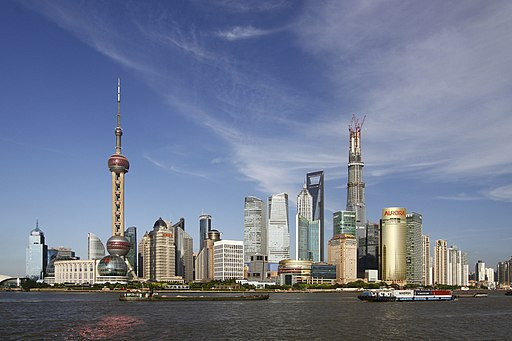Gaw Capital Partners, a private equity firm, plans to buy malls in China after their success leading groups in Hong Kong as they purchase properties amounting to HK$35 billion in less than two years.
Goldwin Gaw, chairman and managing principal of the firm, said in an interview in Hong Kong that once they have learned how to do it right, he thinks they can actually scale their plan. Gaw's global real estate portfolio is currently around 18 billion which included its investments in less-than-glamorous centers in Hong Kong's public housing estates that are now able to compete with five-star hotels and grade-A office towers. Gaw said that the properties are a "defensive" play because local communities rely on the shops for daily necessities, limiting the malls' vulnerability to e-commerce.
He emphasized that, in China, there are many of these neighborhood malls and, usually, developers are not too focused on operating them and that's something they can eventually move into also.
The firm led groups that have purchased 17 malls from Link REIT in Hong Kong in 2017. The groups also acquired an additional 12 malls last week. The statement released by Gaw Capital Trading on March 13 said that the firm and its consortium partners that include Goldman Sachs paid HK$12.01 billion to acquire a real estate portfolio that includes the 12 shopping centers in Hong Kong from Ling Real Estate Investment Trust. The purchased portfolio includes a number of properties across Hong Kong Island including Kowloon and the New Territories located in densely-populated communities. The whole portfolio has a gross floor area of 1.1 million square feet of prime retail space and comes with not less than 4,700 parking spaces connected to transport links.
The groups purchased that has given them secured lucrative yields placed the firm in the local political spotlight after tenants and politicians complain about the increase in their rents. According to Gaw, there will be complaints and the only thing that they can do is to do their part that includes upgrading the malls, putting in more facilities, like sports facilities. He added that doing what they can to improve foot traffic and improve revenue so that ultimately they can justify the rent increase.
Jones Lang Lasalle Inc. said that yields for neighborhood malls can be attractive since it gives 3 to 4.5 percent compared to high street shops and grades A offices. Tom Broderick, senior director of research at JLL, said that the shopping centers' local focus also makes them immune to declines in tourist spending.





